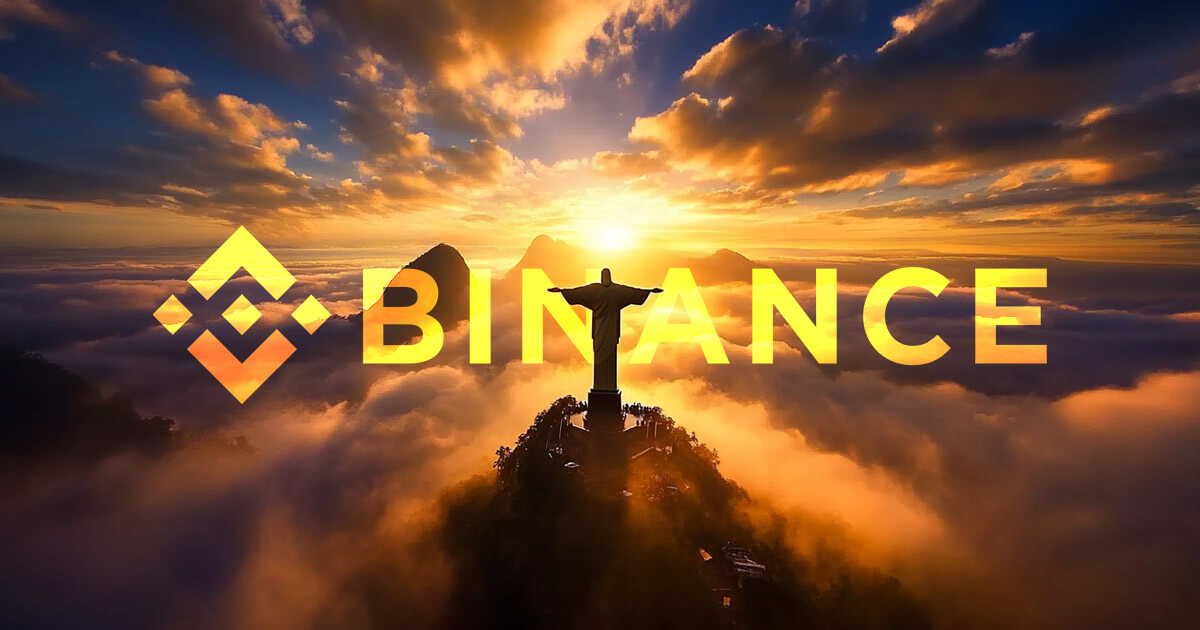In light of the increasing legal recognition and use of crypto-assets, the Markets in Crypto-Assets Regulation (MiCA) has become a hot topic of discussion across the globe (see here and here for our in-depth briefing on MiCA and recent comments from the Central Bank of Ireland).
MiCA will enable the EU to have a harmonised approach to crypto asset regulation across all 27 member states.
MiCA was published in the Official Journal of the European Union on 9 June 2023 and will enter into force on 29 June 2023. However, the key crypto-assets provisions regarding e-money tokens and asset-referenced tokens will not apply until 30 June 2024. Following that date, further provisions regulating crypto-asset service providers will become applicable on 30 December 2024.
U.S. Perspective
We have recently seen the Securities and Exchange Commission (SEC) bring enforcement actions against two of the largest crypto-asset exchanges, Binance and Coinbase. The SEC has also declared that many well-known cryptocurrencies are unregistered securities while notably not naming either of the two largest cryptocurrencies by market capitalisation, bitcoin and ether.
There have also been proposals for U.S.-specific crypto-assets legislation, such as The Crypto Regulation, Protection, and Oversight Act, and a new Bill proposed in Congress which would offer a clearer delineation between the SEC and the Commodity Futures Trading Commission on crypto-assets issues.
Singapore & Hong Kong
Other jurisdictions, like Singapore and Hong Kong, have also progressed legislation.
In Singapore some cryptocurrencies are already regulated as digital payment tokens under the Payment Services Act 2019, which came into effect in January 2020. The Monetary Authority of Singapore has issued consultation papers regarding regulating digital payment token service providers and certain types of stablecoins issuers.
On 1 June, Hong Kong introduced a new regulatory regime for virtual assets, which allows retail investors to trade digital tokens at licensed exchanges. The new regime resulted from a consultation process organised by the Hong Kong Securities and Futures Commission earlier this year.
Credit: Source link















































